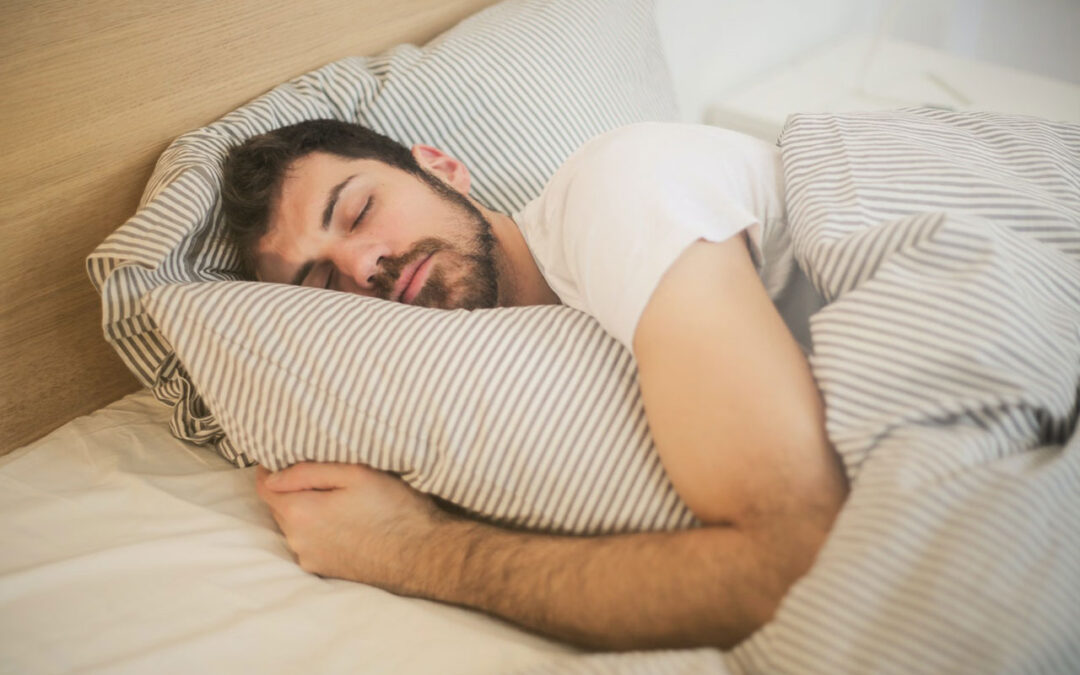Getting a good night’s rest is imperative to staying happy and healthy. When you do not get enough sleep, it shows up in other areas of your body. It could negatively affect your hormones, exercise performance as well as how well your brain functions. Not getting enough sleep could also impact your weight. If you are finding it difficult to stay asleep during the night, or if you find yourself going to bed really late night after night, here are some sleep tips that can help you sleep through the night.
More Bright Light Exposure During The Day
When you expose yourself to natural, bright light during the day, it will help balance your body’s natural rhythm also known as your circadian rhythm. This rhythm helps you stay awake during the day and tells your body when it is time to go to sleep at night. More bright light during the day will keep your rhythm healthy, improves your daytime energy and improves your nighttime sleep quality. It can also help you sleep longer during the night. Make sure you get some natural daylight and if that is not possible consider artificial bright lights.
Reduce Blue Light Exposure At Night
Another way to help you sleep through the night is to reduce your blue light exposure at night. Blue lights come from things like your cell phone and computer. Your electronic devices are not the only emitter of blue light, but it emits the most. There are a few things you can do to reduce your blue light exposure. First, consider wearing blue light glasses at night. Next, there are also apps you can download onto your computer or smartphone that block blue light on your laptop, computer or your mobile devices. Lastly at least two hours before you to go to bed, you should not watch TV and turn off any bright lights.
Avoid Late Coffee Breaks
Caffeine has many benefits, but having caffeine too late in the day can wreck your plans of trying to have a good night’s rest. Caffeine excites your nervous system, preventing your body from fully relaxing at night when it is time to go to sleep. Keep in mind that caffeine can stay in your system anywhere between six to eight hours. With this in mind, it is recommended that you should not drink coffee anytime after 3-4 p.m.
Avoid Long Naps
If possible, try not to take long naps. You should also avoid irregular naps. Remember your circadian rhythm? It is a very delicate system that should not be disturbed. If you sleep during the day, this confuses your internal clock. When night time comes around, your body may not be ready for bed even though you are tired. If you take regular naps, this is different as napping regularly typically does not impact your quality of sleep at night.
Sleep On A Schedule
When you go to sleep in a semi-fixed schedule, your body will start to expect when to get sleepy. It is recommended that you try to go to sleep and wake up at the same time every day. It may be tempting to stay up late and sleeping in on the weekends, but that could be hurting your quality of sleep during the week.


